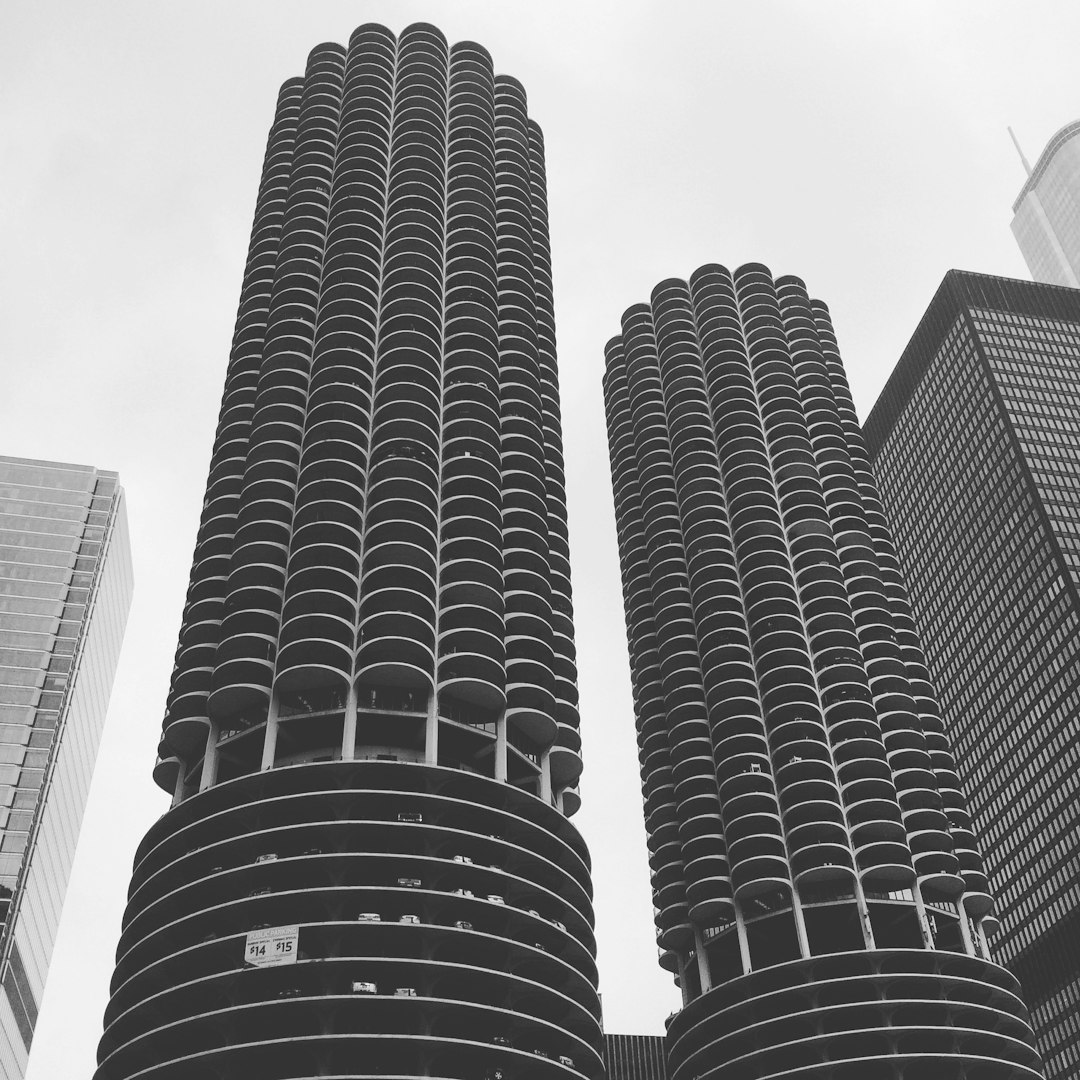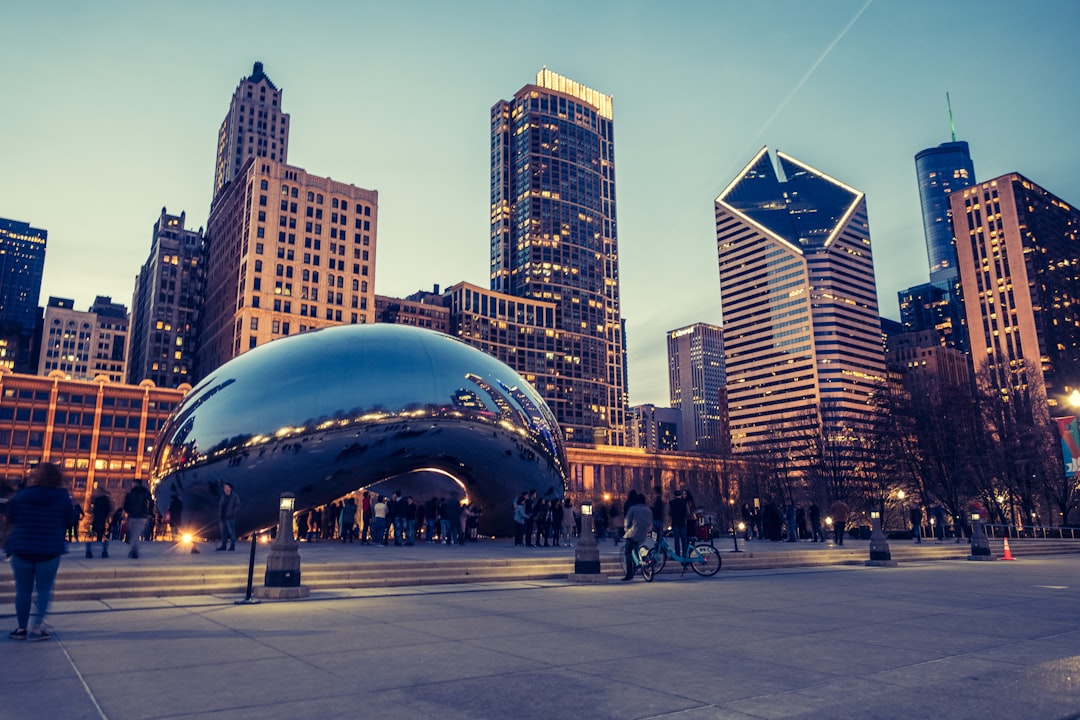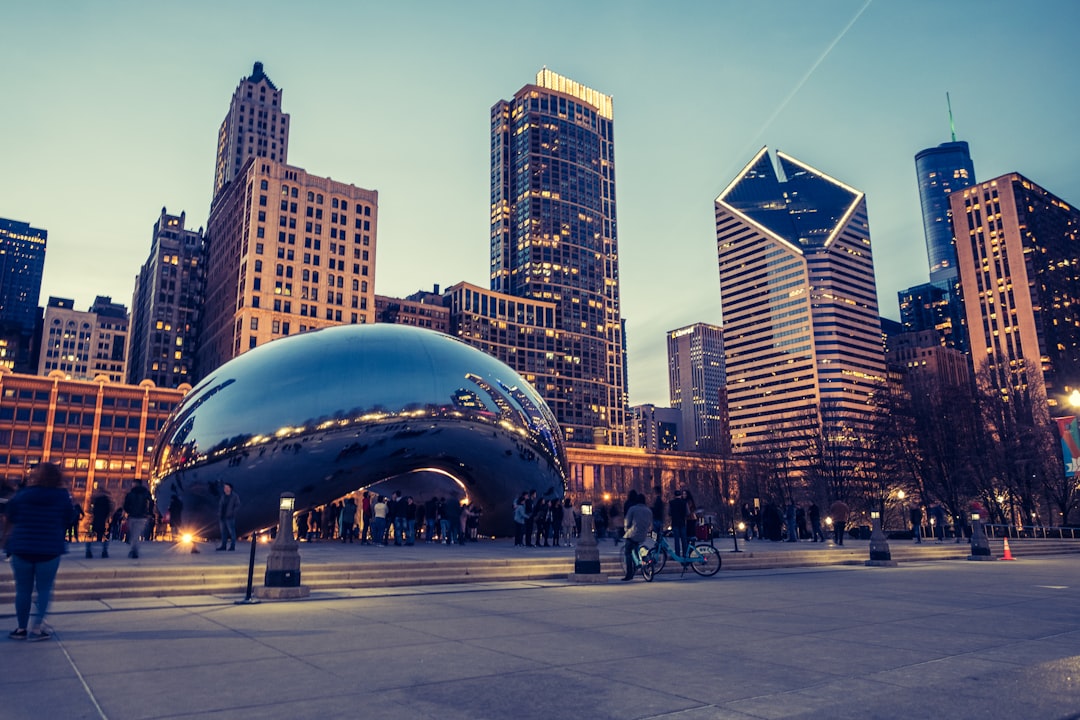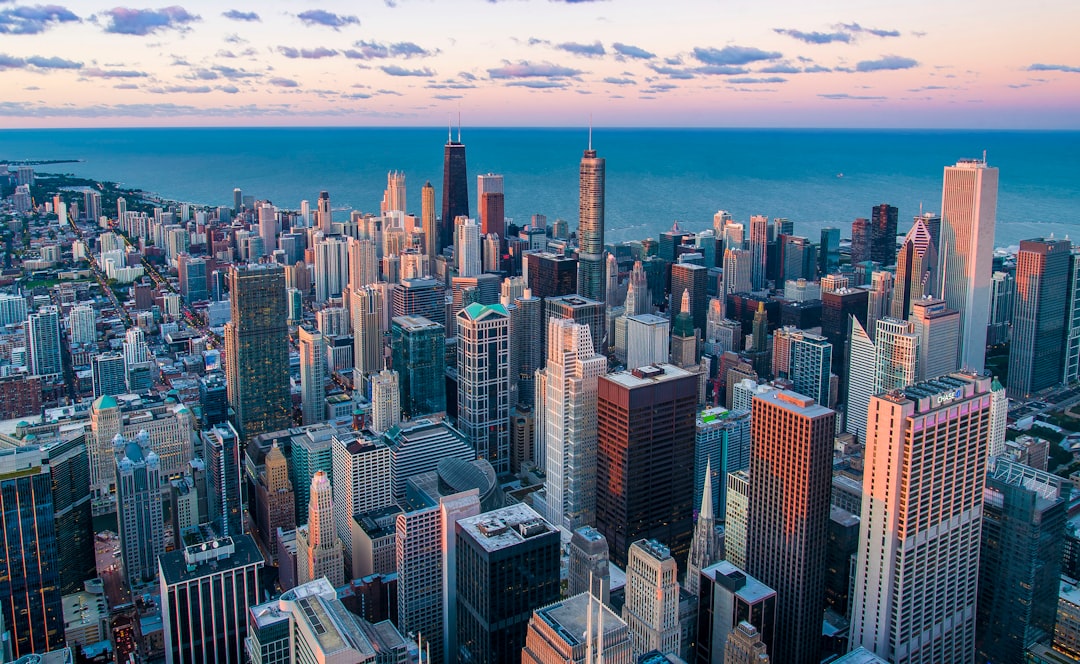Robocall law firms in Chicago's competitive real estate market face a privacy vs. efficiency dilemma. While automated calls comply with TCPA, they raise consumer rights concerns and spark debates. Increased regulatory scrutiny prompts legal community to adapt stricter guidelines. Homebuyers are advised to be vigilant, verify firm authenticity, and understand their privacy rights, as robocall marketing effectiveness remains questionable in this personalized transaction environment. Chicago takes proactive measures, implementing stricter regulations with penalties for violators to protect residents from intrusive robocalls.
In today’s digital age, Chicago’s real estate market isn’t just shaped by traditional marketing. A growing trend of robocalls targeting homebuyers has emerged, raising concerns among industry professionals. This article delves into the impact of automated phone calls from robocall law firms on Chicago’s real estate transactions. We explore their prevalence, the legal perspective, and how these calls influence buyer behavior. Additionally, we navigate the regulatory landscape as Chicago addresses this modern challenge.
Understanding Robocalls and Their Prevalence in Chicago Real Estate
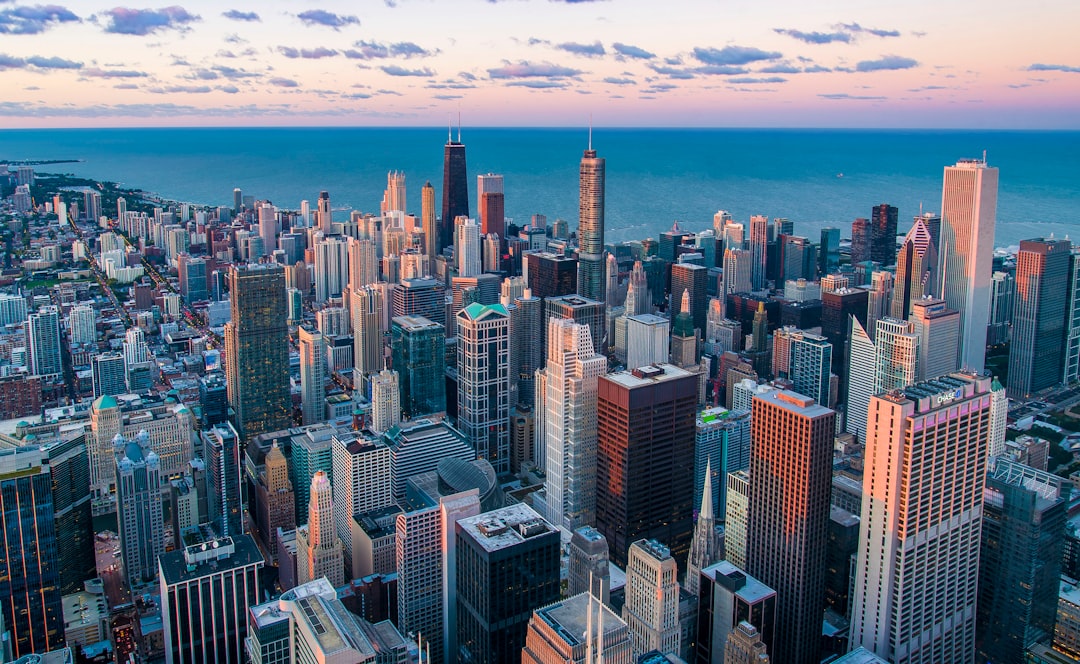
Robocalls, an increasingly common annoyance for many Chicago residents, have found their way into the realm of real estate transactions. These automated phone calls, often emanating from law firms utilizing robocall technology, are designed to reach a wide audience quickly and cost-effectively. In Chicago, as in many urban centers, real estate activity is brisk, and these high-volume calling campaigns target prospective buyers, sellers, and investors alike. The prevalence of robocalls has led to heightened awareness among consumers about privacy concerns and the potential for fraudulent activities.
With the rise of consumer protection regulations, such as the Telephone Consumer Protection Act (TCPA), many Chicago law firms now employ robocall systems to comply with legal requirements when conducting marketing efforts. While these automated calls offer efficiency and cost savings, they also spark debates about consumer rights and preferences. Understanding the dynamics between robocall laws, real estate practices, and consumer behavior is crucial in navigating this evolving landscape, ensuring fair and transparent interactions throughout Chicago’s vibrant real estate market.
Legal Perspective: The Rise of Robocall Law Firms Targeting Homebuyers
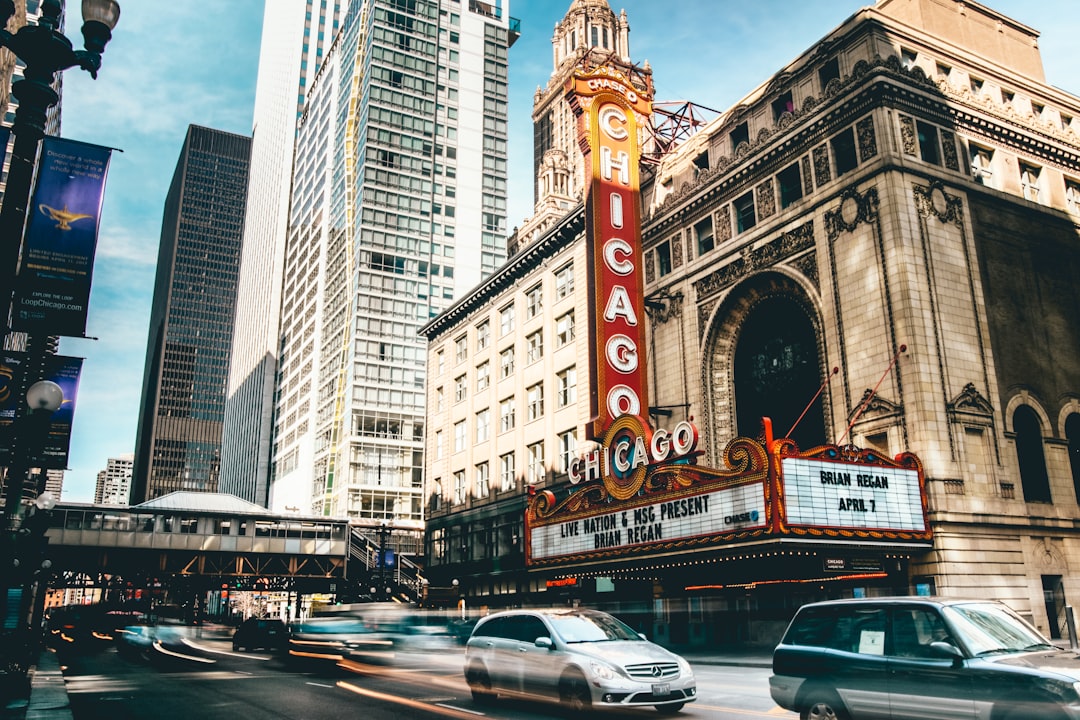
In recent years, Chicago has witnessed a surge in robocall activity targeting homebuyers, particularly from so-called “robocall law firms.” These legal entities use automated dialing systems to flood consumers’ phones with marketing messages, often claiming to offer legal services or advice tailored to real estate transactions. While some may provide legitimate information, many of these calls fall into a gray area legally, as they can be considered intrusive and misleading.
The rise of robocall law firms has prompted regulatory bodies and consumer protection agencies to step in. In response, Chicago’s legal community is adapting with stricter guidelines and increased scrutiny on such practices. Homebuyers are advised to exercise caution when receiving these calls, verifying the authenticity of the firm, and understanding their rights under privacy laws, especially when dealing with sensitive real estate matters.
Impact on Buyer Behavior: Perceived Trust and Credibility of Robocalls
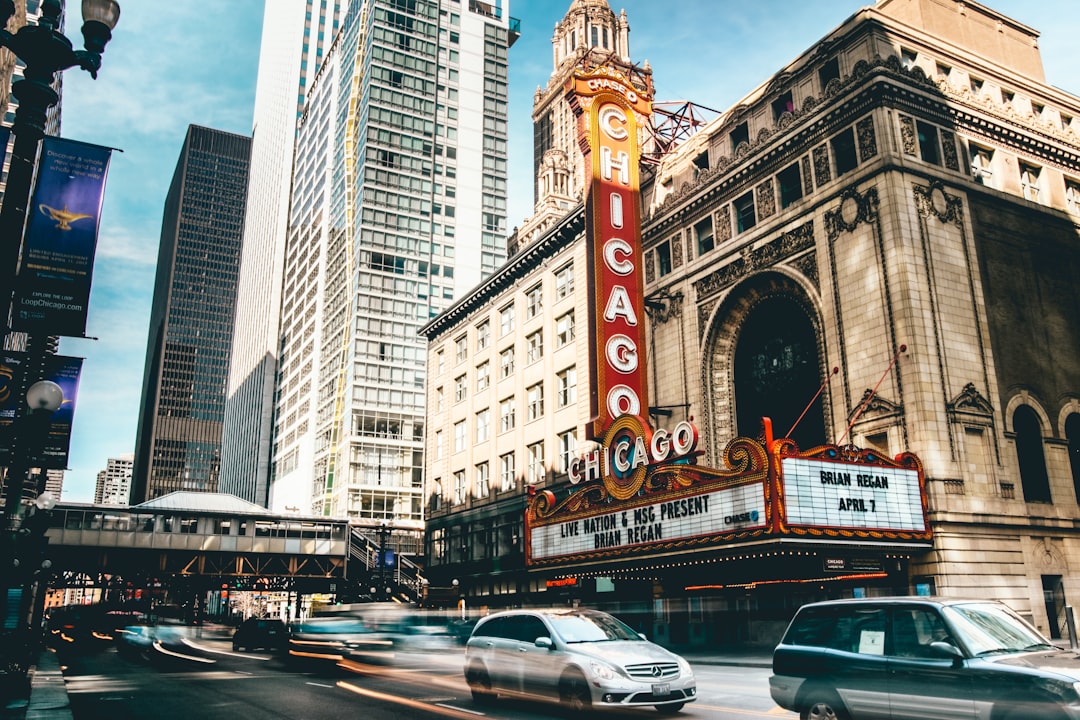
In the dynamic real estate market of Chicago, the rise of automated phone calls, or robocalls, has significantly influenced buyer behavior. These calls, often emanating from law firms advertising their services, have a profound impact on how prospective homeowners perceive trust and credibility. While some buyers may find them convenient and informative, others view robocalls with skepticism, questioning the legitimacy of unknown legal service providers. The inherent nature of robocalls, designed to reach a broad audience en masse, can create a sense of distrust among recipients who prefer more personalized, targeted communication.
In Chicago’s competitive real estate landscape, where decisions are often swift and buyers have numerous options, the effectiveness of robocall marketing is debatable. While it may raise awareness about legal services, the high volume of calls can lead to increased annoyance and a potential backlash against law firms employing these tactics. As such, understanding the nuanced impact of robocalls on buyer behavior is crucial for Chicago’s real estate professionals, prompting them to consider alternative marketing strategies that foster trust without relying heavily on automated phone calls.
Navigating Regulations: How Chicago is Addressing the Robocall Crisis

In response to the rising concern over intrusive robocalls, particularly from law firms in Chicago, the city has implemented measures to address this crisis. The City of Chicago, in collaboration with state authorities, has been working diligently to protect residents from unwanted and illegal robocalls. One significant step is the enforcement of strict regulations targeting telemarketing practices, specifically those involving robocall law firms. These rules include mandating prior express consent for automated calls, limiting call times, and providing clear opt-out mechanisms.
Chicago’s approach involves increased monitoring and penalties for violators to deter abusive calling practices. The city has also encouraged residents to report suspected illegal robocalls, empowering them to play an active role in combating this issue. By combining stricter regulations and public involvement, Chicago aims to create a more harmonious environment for real estate transactions, ensuring that potential buyers and sellers are not disrupted by unwanted calls from robocall law firms.


